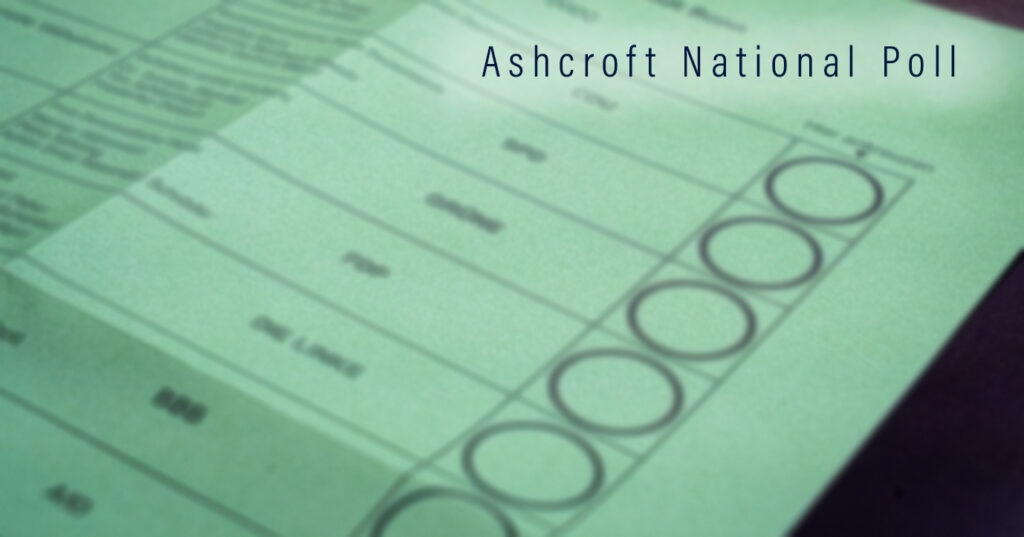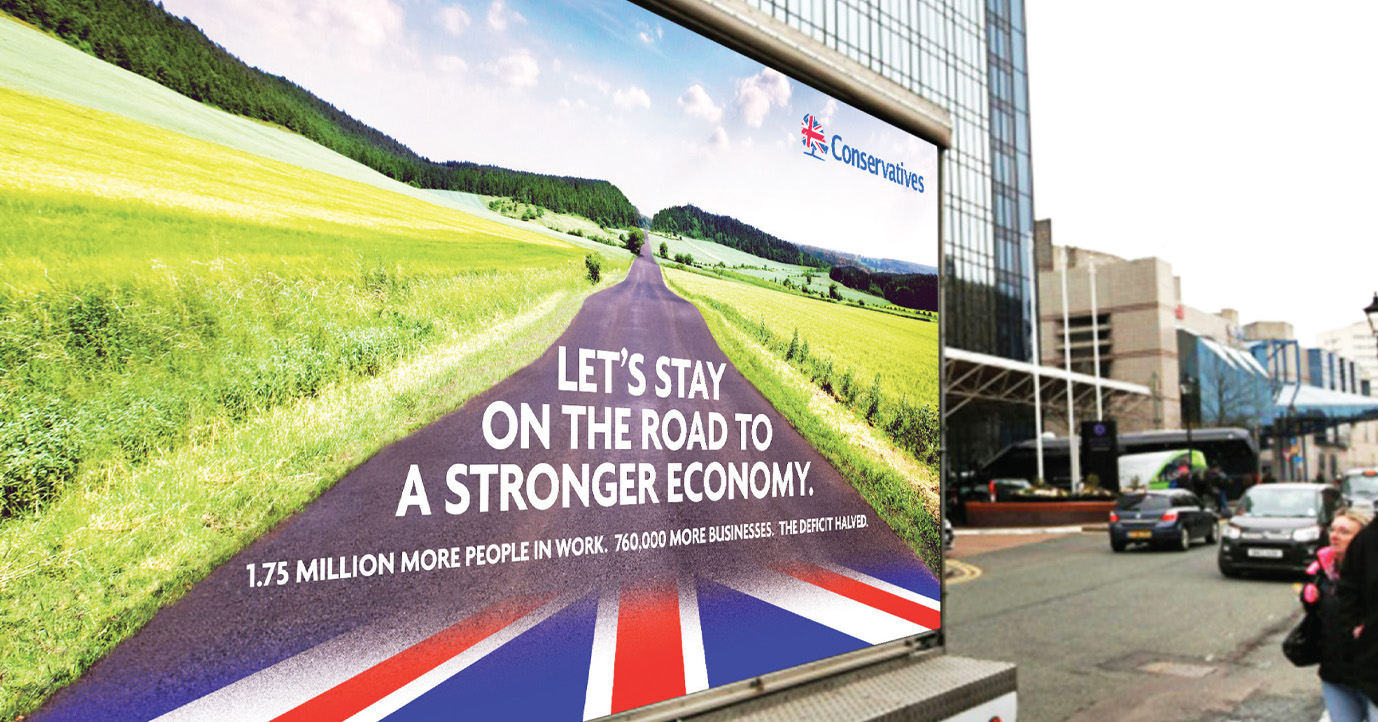
Labour lead by four points in this week’s Ashcroft National Poll, conducted over the past weekend. Though both main parties are up on last week’s scores, we continue the longer term pattern I noted in my review of the ANP to date: a similar overall lead to other pollsters (Populus had Labour ahead by three points today, and YouGov by five yesterday), but with a slightly lower combined score for Labour and the Tories than in online surveys. The scores in full are Labour 36%, Conservatives 32%, Lib Dems 7%, UKIP 14%, Greens 6%.
This week I returned to the question of whether Britain is heading in the right or the wrong direction, which I asked in the ANP two months ago. I found a slight shift towards the pessimists since May. The proportion saying the country was heading in the right direction was down 5 points at 39%, with those saying “wrong direction” up 4 points to 53%. Conservative voters were not surprisingly the most optimistic (with 72% saying “right direction”) and UKIP voters the least so (76% “wrong direction”). Just over a third (36%) of Labour voters thought things were on the right track; we will see whether that has a bearing over the coming months as the Tories ask voters to put their faith in the Long Term Economic Plan.
One notable feature of this question was that while men said “wrong direction” rather than “right direction” by 47% to 44%, women were pessimistic by a 23-point margin (58% to 35%). This does not point to a “women problem” for the Tories: the Conservative share among women was 31% in this poll, compared to 33% among men (and as I have concluded in my previous analysis, the party doesn’t attract too few women; it attracts too few of everyone). It is not unusual for surveys to find women to be less optimistic or more cautious than men, on all sorts of subjects.
However, my next question suggested some discrepancy between the sexes when it comes to priorities on the economy. From a prompted list participants were asked which, if any, economic issues were of most concern to them at the moment. “Rising prices” was by far the most frequent choice – but while only 36% of men said this was one of their top three concerns, 46% of women did so.
There was a similar difference when it came to “the level of the country’s debts”. More than a third (34%) of men picked this, compared to just over a quarter (26%) of women.
Overall, there was little to choose between “trouble finding a job”, “low interest rates for savings”, “job insecurity” and “trouble finding somewhere affordable to live”, each of which was chosen by around three in ten respondents. Just over one fifth (22%) were worried by “the chance that interest rates may rise”, and slightly fewer (18%) were concerned about “problems getting credit from a bank for a mortgage or personal loan”. Only just over one in twenty (6%) said they were not concerned about any of the things on the list. The results help to illustrate the findings from the first round of the ANP that while it is true that most voters think the economy is recovering, it is also the case that most do not feel any better off.


